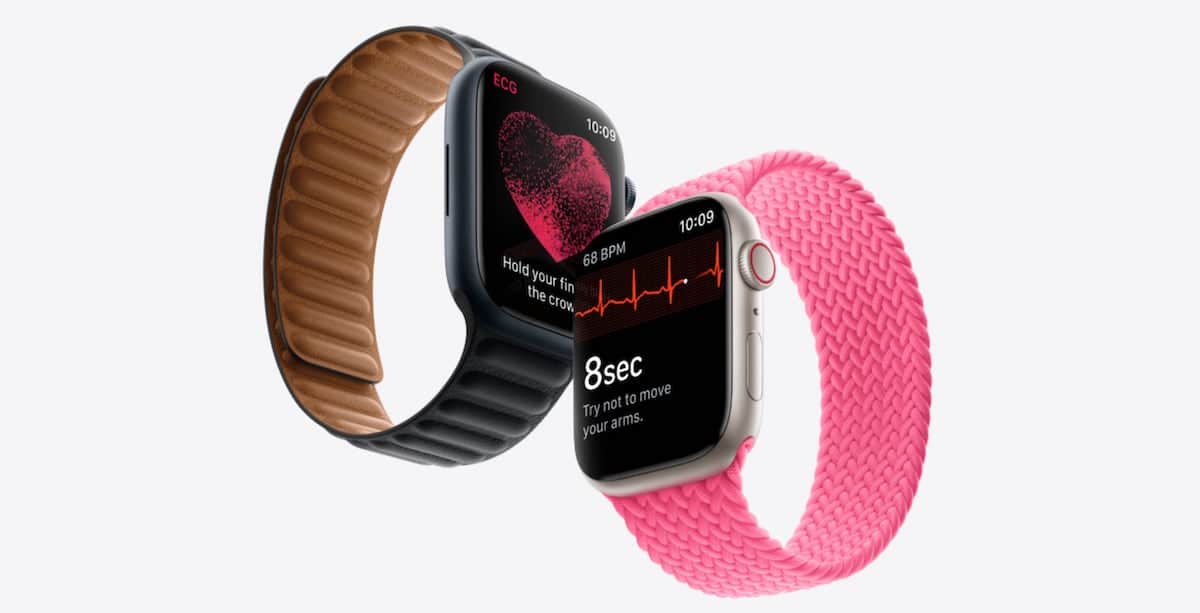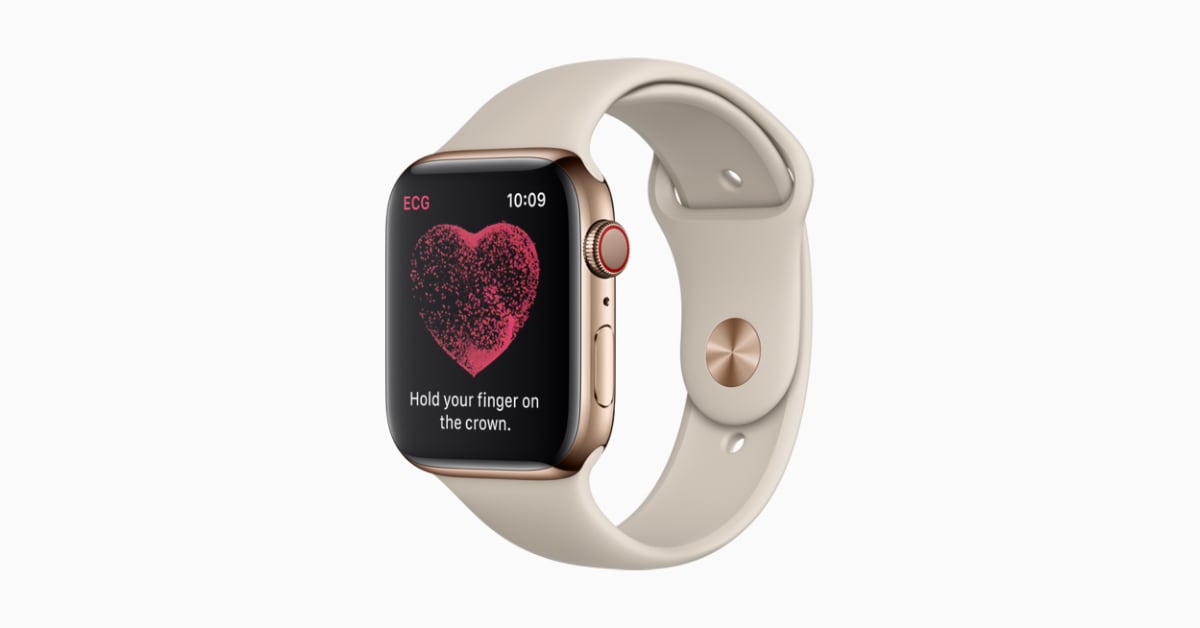Two recent studies suggest that the Apple Watch and changes to Apple’s speech recognition algorithm could potentially alleviate symptoms of sickle cell disease and stuttering, respectively.

Sickle cell disease can be identified by Apple Watch
A study conducted by researchers at Duke University’s Day Hospital shows that the Apple Watch could help treat vaso-occlusive crises (VOCs), a severe complication of sickle cell disease that often leads to hospitalization due to extreme pain. The researchers found that machine learning, using the data collected by the Apple Watch, can identify trends to predict pain among individuals with sickle cell disease. This could provide an early warning signal, allowing for the administration of painkillers and saline hydration before the condition becomes more severe.
During the study, patients with sickle cell disease were provided with an Apple Watch Series 3 to collect data during their hospital stay between July and September 2021. The researchers cross-referenced 15,683 data points from the watch’s heart rate, heart rate variability, and activity data with pain scores and vital signs from the hospital’s electronic medical record to create a machine-learning model to predict VOCs.

In another recently published study, Colin Lea, a research scientist at Apple, proposes that changes to Apple’s speech recognition algorithm could benefit people with stuttering. The proposed changes could reduce cut-off utterances and word error rates by nearly 80 percent, significantly improving communication for people with stuttering.
Overall, these studies highlight the potential of machine learning and wearable technology to improve healthcare outcomes and accessibility. By using the data collected by devices such as the Apple Watch, researchers can gain insights into complex health conditions and develop new ways to diagnose and treat them. In addition, advances in speech recognition technology can improve the quality of life for individuals with speech impairments, allowing them to communicate more effectively with others.
While these studies are still in their early stages, they represent exciting progress in the fields of healthcare and accessibility. Continued research and development in these areas could potentially lead to new breakthroughs and innovations, improving the lives of millions of people around the world.
Read more: